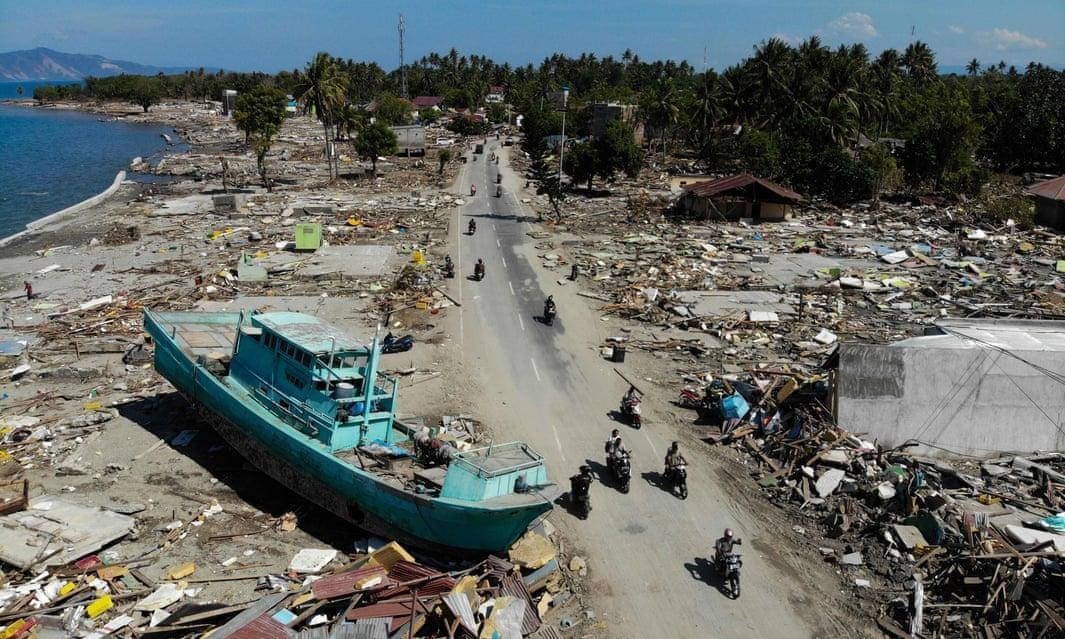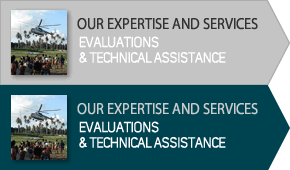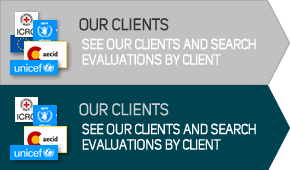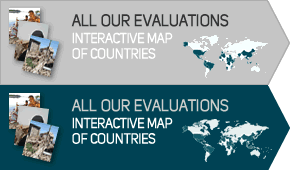June 13, 2019

On September 28, 2018, several earthquakes struck Central Sulawesi in Indonesia, with the strongest having a magnitude of 7.4 on the Richter Scale. The earthquake was followed by a tsunami that took the authorities by surprise. More than 2,000 people are known to have died, with more than 1,350 missing and, as of late November 2018, over 130,000 people were displaced. Both the DEC and SwS launched their appeals quickly and raised GBP25.4 million and CHF13.6 million, respectively, by the end of January 2019, with funds to be spent via national affiliates and local partners in Central Sulawesi.
The Real Time Response Review (the review) was commissioned jointly by the Disasters Emergency Committee (DEC) and Swiss Solidarity (SwS) to learn lessons from Phase I of the Indonesia Tsunami response in Central Sulawesi that could be applied in real-time to the planning for Phase II. By design, the review was quick and light touch exercise that relied largely on qualitative inputs. The review adopted a mixed methods approach, combining interviews (the majority conducted in and around Palu), document review, an online survey, site visits and focus group discussions. The review team visited Palu January 15-24, 2019, hosted by Save the Children Indonesia.
The review highlights good practices, lessons learned and a series of recommendations for Phase II of the response, focusing on:
1. Anticipate the emerging operating context, including the continued limited capacity of local partners, evolving government requirements for NGOs, outstanding decisions on land zoning and relocation, and the risks that may arise from the national elections in April 2019;
2. Coordinate capacity and resources to maximise, together, their support to provincial and district authorities, through combined offers of financial resources and technical expertise to the affected districts;
3. In pursuit of localisation, combine DEC/SwS organisations’ capacity development for local NGOs and support to government authorities.
4. Accelerate support for the construction of transitional shelters needed by households affected by the disaster but not provided for by government, and determine whether and how to support government-built communal shelters;
5. Revise WASH interventions to provide medium-term solutions, moving away from water trucking and mobile toilet units as soon as feasible;
6. Implement cash transfers at scale as soon as possible to maximise their potential for widespread positive impact for large numbers of affected people;
7. Initiate, or expand, livelihoods support projects to increase the household income of people affected by the disaster;
8. Scale up basic social services, to which many affected people do not have access, and mainstream protection into all sectors;
9. Pursue disaster risk reduction projects that will reduce loss of life and damage from future disasters.




Share this